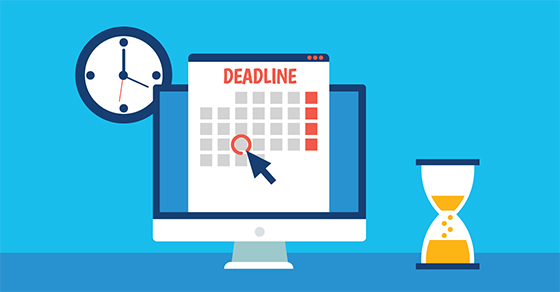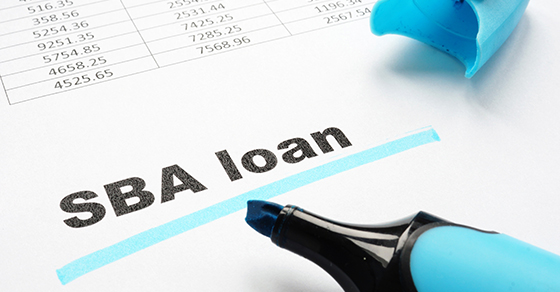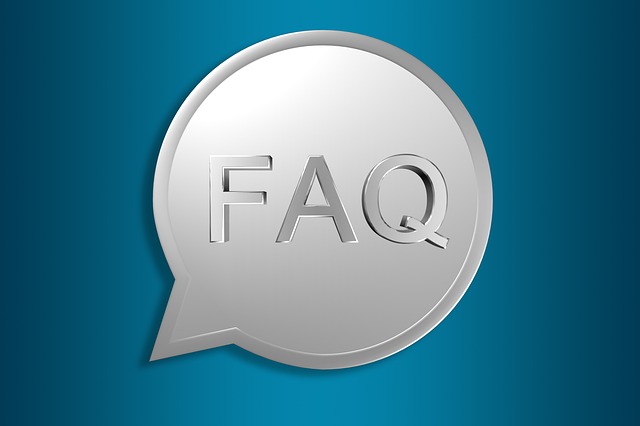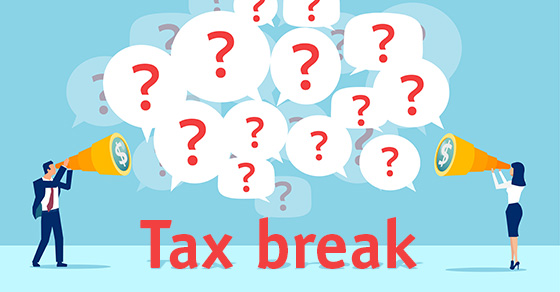PPP Forgiveness Form Released by SBA, Includes Changes
The Small Business Administration (SBA) has released its long-awaited Paycheck Protection Program (PPP) forgiveness form for borrowers. The release on May 15 brought with it significant changes to the interpretation of some components of forgiveness that were not previously known.
IRS Clarifies Payroll Tax Deferral Relief and Expands Relief for those Using the PPP
The CARES Act allows all employers to defer the deposit and payment of the employer’s share of social security (SS) taxes (6.2%) and self-employed individuals to defer payment of certain self-employment taxes. The timing of the deferral will depend in whether or not the employer receives a loan under the Payroll Protection Program
PPP economic uncertainty clarification update gets extended repayment deadline
Many companies have been significantly impacted by the downturn in the economy caused by the COVID-19 fallout. As such, the impact on your operation should be documented to support the need for the PPP loans.
Lease Standard
On April 8, 2020, the Financial Accounting Standards Board voted to delay the effective date of ASC 842, Leases, an additional year.
The Top 10 Questions about the Tax Deadline Extension
It was announced on March 20 that Tax Day would be postponed from April 15 to July 15 to coincide with the delayed tax payment deadline at the direction of President Trump. Treasury Secretary Steven Mnuchin announced the postponement via Twitter, stating that all taxpayers and businesses will have until July 15 to file and make payments without interest or penalties.
Many states are still announcing their response to the deadline. Due to COVID-19, Minnesota is providing additional time until July 15, 2020, for taxpayers to file and pay 2019 Minnesota Individual Income Tax without any penalty and interest. Minnesota has not extended 2020 first and second quarter taxes. We know you have lots of questions. Below is a summary of the 10 most common questions and the IRS’s response.
CARES Act: Understanding the Paycheck Protection Provision (SBA 7a Loan) Program
The Coronavirus Aid, Relief, and Economic Security (CARES) Act signed into law on March 27 provides $349 billion in funding for the Small Business Administration (SBA) in an effort to provide assistance and relief to America’s small businesses struggling under the weight of COVID-19. The Act included a paycheck protection provision for small businesses by providing additional funding to the SBA for specific areas of need and expanding the SBA’s 7(a) loan program.
Tips and Considerations for Small Businesses Applying for an SBA Disaster Loan
Small businesses are now eligible for up to $2 million in Economic Injury Disaster Loans from the Small Business Administration (SBA). President Trump has called for an additional $50 billion in funding to the SBA’s lending program from Congress. While the $50 billion is not yet approved, the SBA can issue an Economic Injury Disaster Loan declaration, thanks to the Coronavirus Preparedness and Response Supplemental Appropriations Act.
Knowing what to expect before starting the loan process will help prevent unnecessary errors and rework. Completing the application process quickly and accurately will be key as there will be high demand and processing times will likely increase. We’ve put together the following summary of what business owners can expect when applying for an SBA loan.
An Overview of the Tax Credits Available Under the CARES and FFCRA Acts
The following article is a high-level overview of the tax credits available under the CARES and FFCRA Acts.
What You Need to Know About the Paid Sick and Family Leave Tax Credits
The Families First Coronavirus Response Act (FFCRA) signed on March 18, 2020, made unprecedented expansions to paid sick and family (childcare) leave provisions in light of the challenges for the American workforce due to COVID-19. The expansions to paid sick and family leave cover employers with up to 500 employees, and tax credits are available for up to 100% of qualifying wages paid. Eligible employers are granted a grace period by the DOL to come into compliance with the Act as long as employers act reasonably and in good faith during the grace period.
Financial Relief for Families Tax Credit – What to Expect with Your Check
The distribution of economic impact payments is expected to begin in the next three weeks and be available throughout the rest of 2020. With so much news circulating, it can be difficult to keep tabs on the latest updates. We also recognize it can be challenging to separate the legitimate updates from speculation. Below we have put together a summary of what we know so far about the economic impact payments.
CARES Act Overview: The Impact on Taxpayers and Businesses
The President signed the latest COVID-19 relief bill on March 27: The Coronavirus Aid, Relief, and Economic Security (CARES) Act. The bill brings with it several elements of relief for businesses, employees and families, in an effort to maintain livelihoods throughout the crisis and after. The expected cost of the bill is nearly $2 trillion and includes nearly $500 billion for in economic distress relief for businesses, states and municipalities.
IRS’ Employer COVID-19-Related Credits
The IRS has announced that employers required to provide emergency paid sick leave and emergency paid family and medical leave under the Families First Coronavirus Response Act (the Act) can begin taking advantage of two new refundable payroll tax credits. Equivalent credits are available to self-employed individuals based on similar circumstances.
Employer Resource Guide: FAQ – Adjustments to FMLA and Paid Sick Leave in Response to COVID-19
The COVID-19 virus has made fast, drastic changes to how we live and work. State-mandated business closures are creating challenges and generating many questions on how to preserve business continuity during this period. On March 18, 2020, President Trump signed the Families First Coronavirus Response Act (FFCRA), which takes effect on April 2. The bill expanded paid sick leave and unemployment benefits, impacting employees and employers, among other provisions.
SBA Providing Disaster Assistance Loans to Qualified Small Businesses
Qualified small businesses are now eligible for up to $2 million in Economic Injury Disaster Loans from the Small Business Administration (SBA) after President Trump called for an additional $50 billion in funding to the SBA’s lending program from Congress in response to COVID-19. While the SBA waits for the $50 billion to be approved, they can deliver an Economic Injury Disaster Loan declaration in response to the Coronavirus Preparedness and Response Supplemental Appropriations Act recently signed by the president.
Financial Statements Tell Your Business’s Story, Inside and Out
Ask many entrepreneurs and small business owners to show you their financial statements and they’ll likely open a laptop and show you their bookkeeping software. Although tracking financial transactions is critical, spreadsheets aren’t financial statements. In short, financial statements are…













